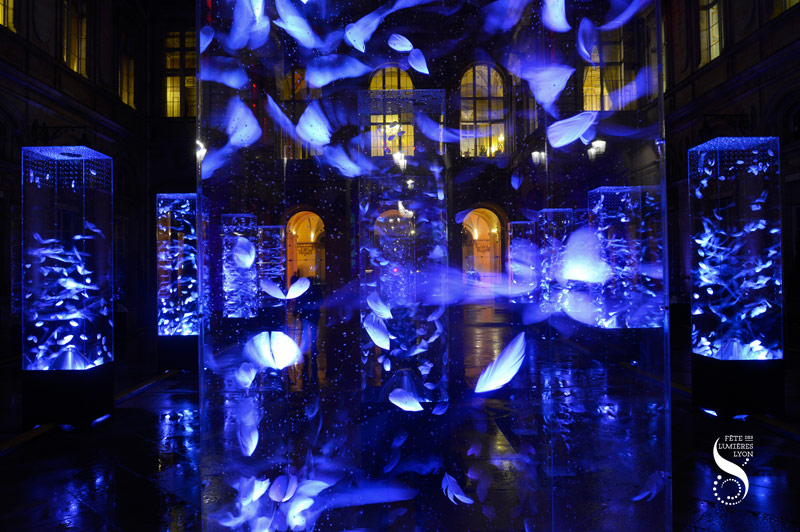
Launched in 2004, the UNESCO Creative Cities Network (UCCN) strengthens cooperation with and among cities that have recognized creativity as a strategic factor of sustainable development on an economic, social, cultural and environmental level.
By joining the Network, cities commit to sharing best practices, developing partnerships that promote creativity and cultural industries, strengthening participation in cultural life and integrating culture in urban development plans.
Building on this commitment, the 116 member cities from 54 countries that currently form this growing network, work together towards a common mission: placing creativity and cultural industries at the core of their development plans at the local level and actively cooperating at the international level.
The UNESCO Creative Cities Network covers seven creative fields: Crafts and Folk Art, Design, Film, Gastronomy, Literature, Media Arts, and Music. While cities from the same creative field share information and collaborate intensely to develop joint partnerships, all member cities also have the possibility to peer-learn at common gatherings, such as international conferences or the Network’s Annual Meeting.
Objectives
The UNESCO Creative Cities Network aims to:
- strengthen international cooperation between cities that have recognized creativity as a strategic factor of their sustainable development;
- stimulate and enhance initiatives led by member cities to make creativity an essential component of urban development, notably through partnerships involving the public and private sectors and civil society;
- strengthen the creation, production, distribution and dissemination of cultural activities, goods and services;
- develop hubs of creativity and innovation and broaden opportunities for creators and professionals in the cultural sector;
- improve access to and participation in cultural life, as well as the enjoyment of cultural goods and services, notably for marginalized or vulnerable groups and individuals;
- fully integrate culture and creativity into local development strategies and plans.
- sharing experiences, knowledge and best practices;
- pilot projects, partnerships and initiatives involving the public and private sectors, as well as civil society;
- professional and artistic exchange programmes and networks;
- studies, research and evaluations on the experience of the Creative Cities;
- policies and measures for sustainable urban development;
- communication and awareness-raising activities.
- Cooperating with media arts festivals at the international level;
- Hosting artists from other cities in the network;
- Developing digital libraries; and
- Organizing meetings on the development of cultural policies with regard to the digital revolution